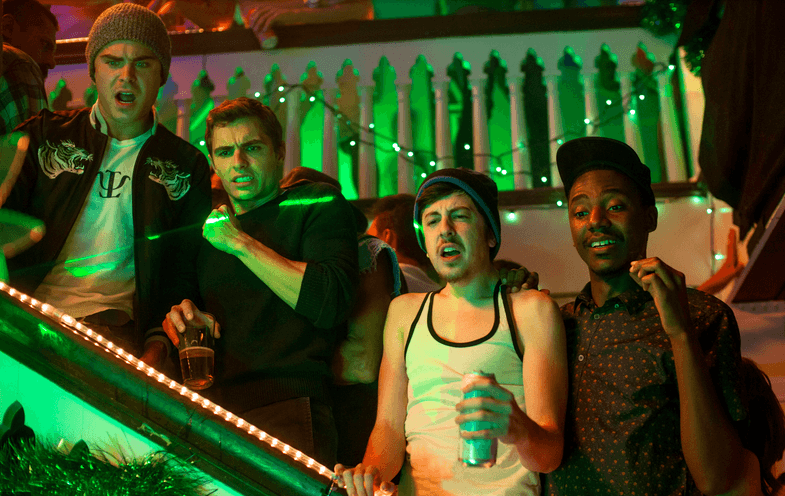Party school rankings are out: did Mary Wash make the cut?
3 min read
Creative Commons | Wikipedia
By BROOKE PREAS
Many factors take part in the process of choosing a college. While finding the perfect school, people may consider the size of the student body, the programs offered by the school and class sizes.
Some students, however, also take into account if the school is considered a “party school” before they make their choice. Whether this is to make sure they get the full “college experience” or not, it is becoming harder and harder to tell if a school actually deserves this title.
Over time, the over-use of this label has caused its meaning to become subjective. Everyone seems to have their own definition of what makes a school a party school, causing the title to be used freely.
Evidence of this subjectivity comes from three different, highly regarded lists ranking the top party schools in the United States. The Princeton Review, for instance, suggests that the No. 1 party school in the country is West Virginia University, while News Week states that the No. 1 party school is actually Tulane University. In addition, Playboy named the University of Virginia as the No. 1 party school in the country.
Each of these lists takes different information from each of the schools when creating their rankings. The Princeton Review’s list is created by polling students from 381 colleges across the country and comparing the average drug and alcohol usage, Greek life popularity and the amount of time students at these schools spend studying.
News Week creates their list by surveying students and asking them to rate their school’s “Raging Party Scene,” “Party Girls,” “Party Guys,” “Social Drinking” and “Nightlife” on a 10-point scale. Playboy rated their schools by three categories: “Sex,” “Sports,” and “Nightlife.”
Each of these lists came up with different data. In fact, the only school represented in all three of the lists is the University of Georgia. This lack of a solid understanding of what actually makes a school a “party school” raises the question: can any school be a party school?
According to sophomore Emma Eichengerger, the answer is “No. There must be a certain balance between who has the means to purchase alcohol and who can consume it in a large party environment.”
Junior Leysa Melnychenko was asked the same question and responded, “Go visit Mary Baldwin, then we’ll talk. You need to have certain social and economic standards for your students or people who just want to get wasted.”
Everyone seems to have a clear image of what a party school is in his or her mind, but no one seems to agree. Is it the amount of alcohol consumed at a school that makes it more of a party school, or does it depend on how much sex the students are having?
What no one seems to be taking into consideration is that what may seem like a party to someone my just seem like a casual hangout to others. Maybe for some, a night of playing King’s with a few friends is a party while for others, there needs to be a keg involved for it to hit the “party” status.
Until everyone can agree on a single definition as to what makes a school a “party school,” the status will continue to be given based on students’ own personal beliefs.


